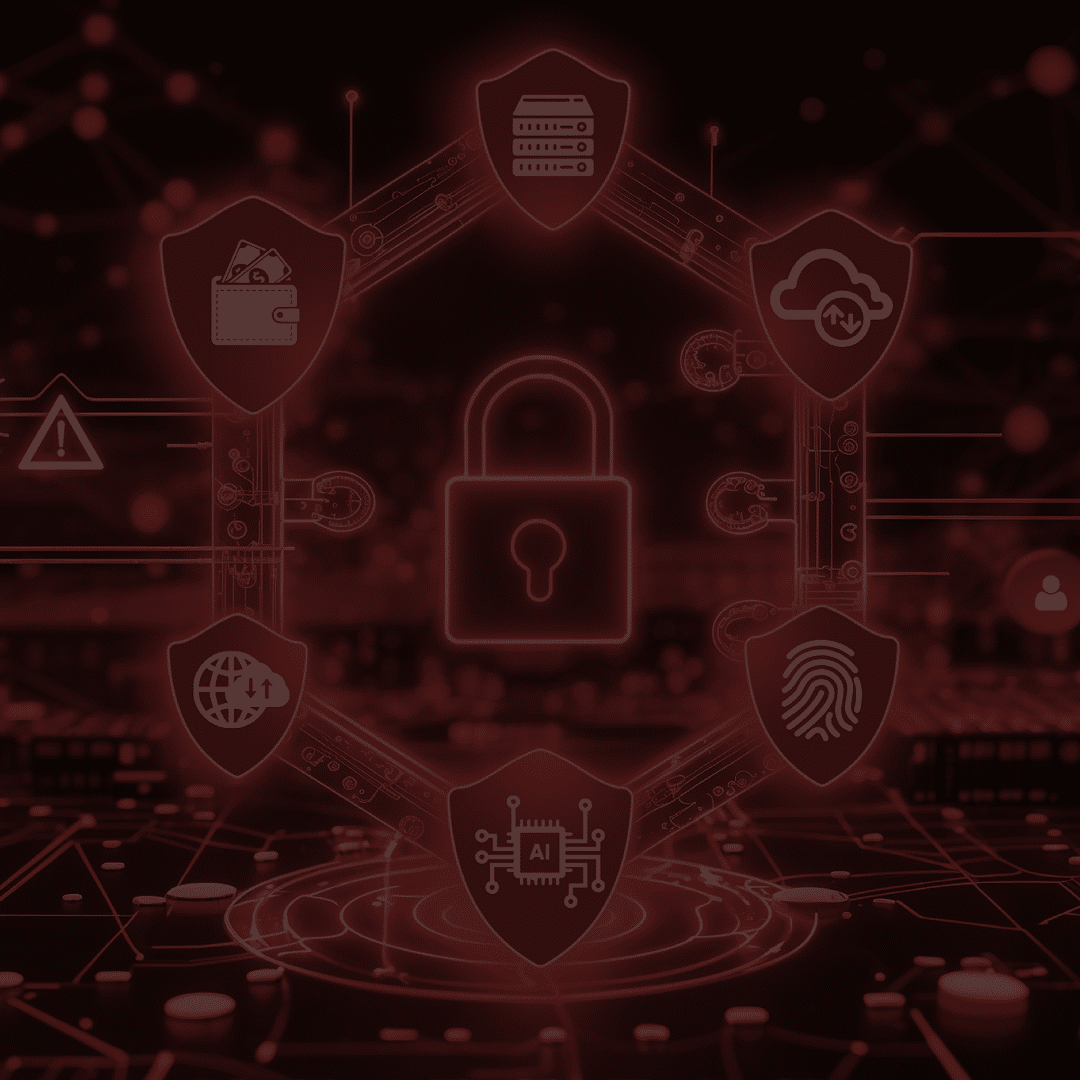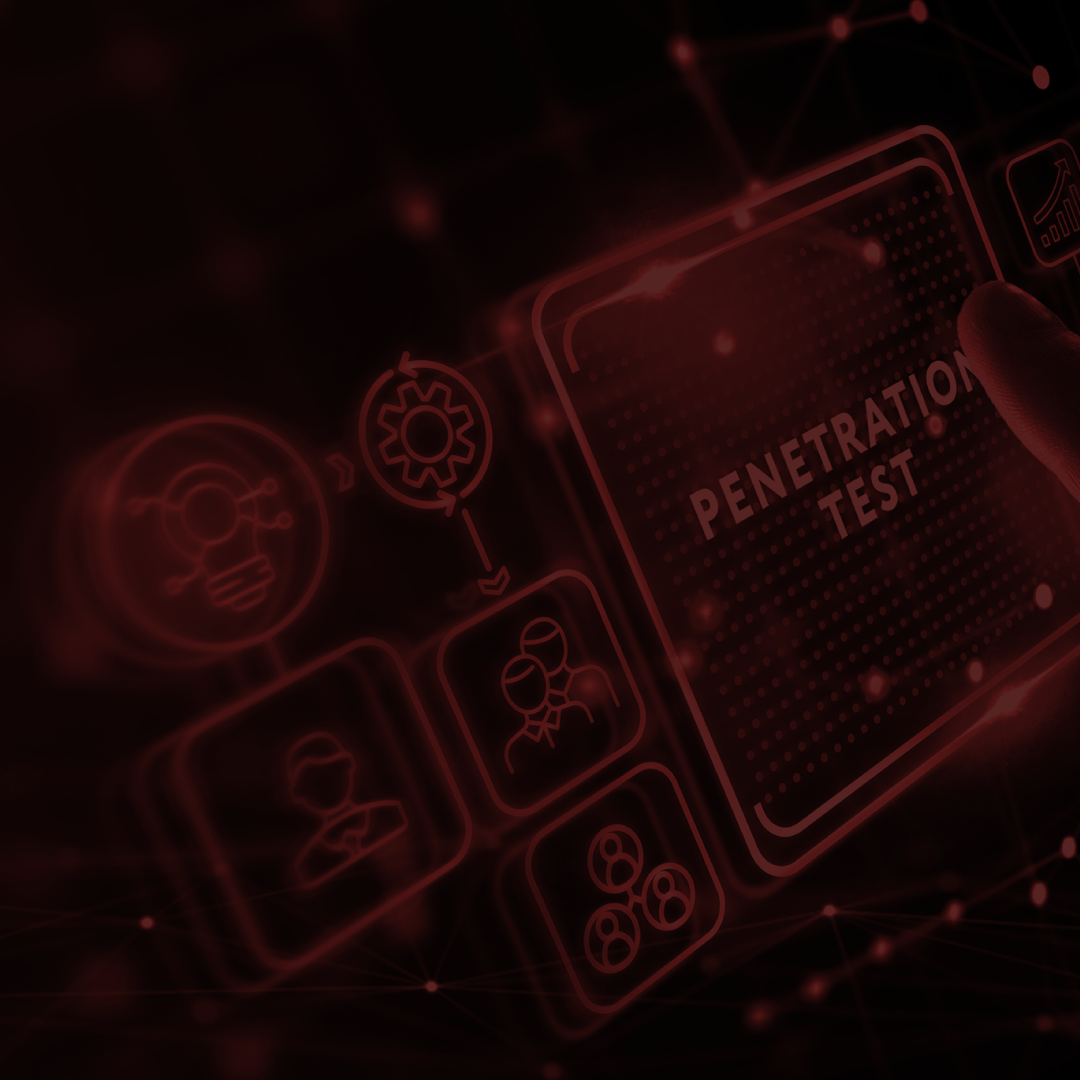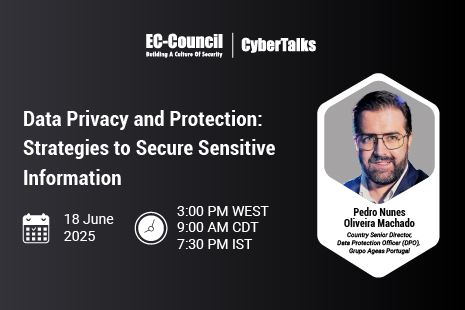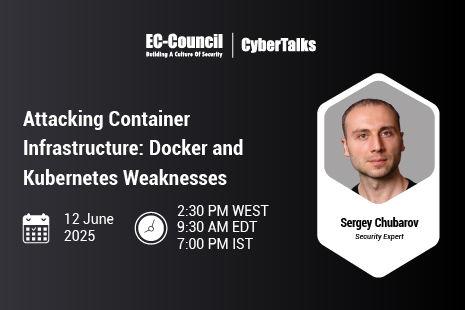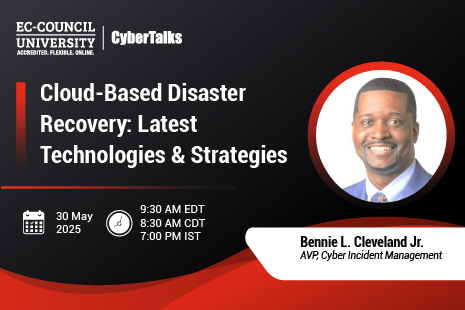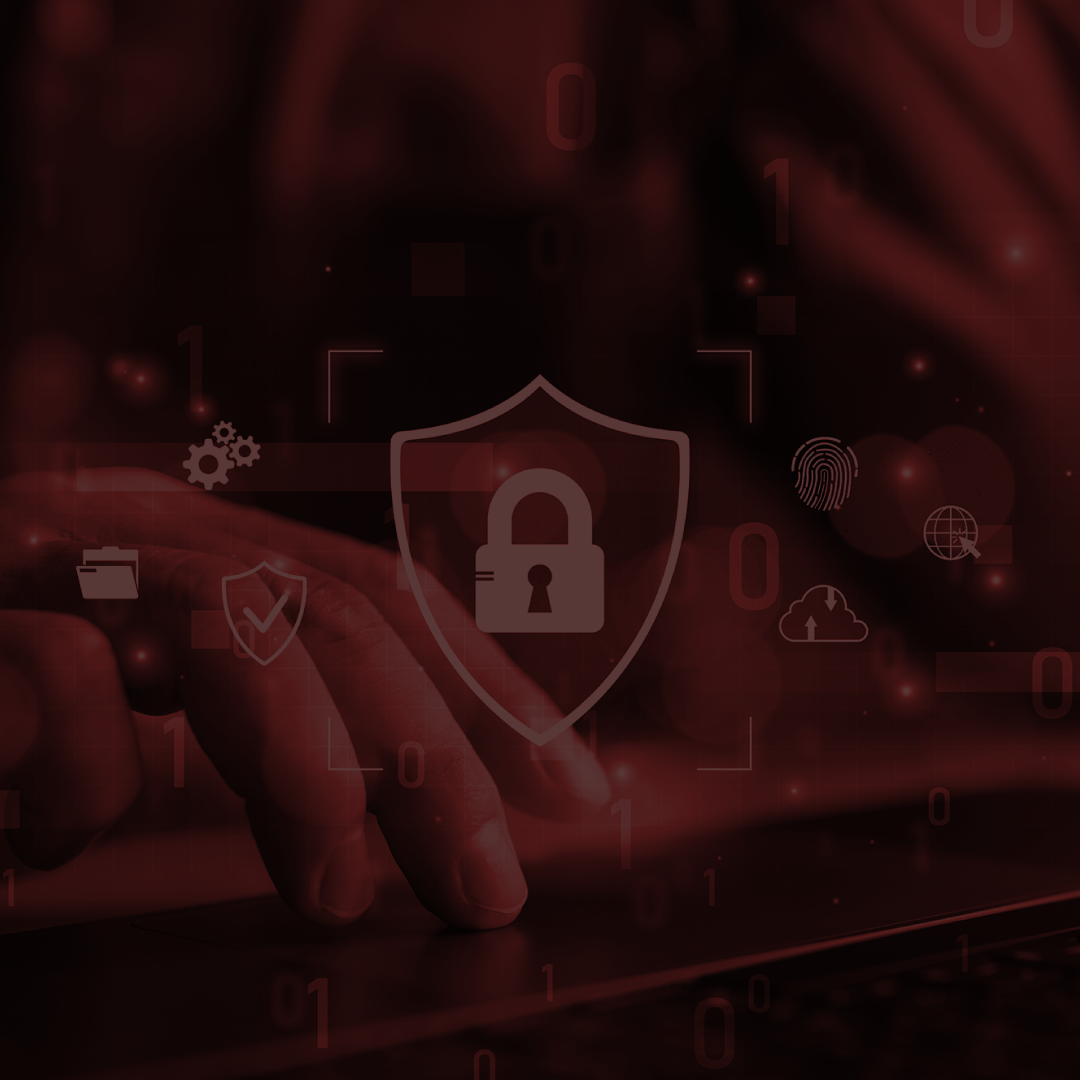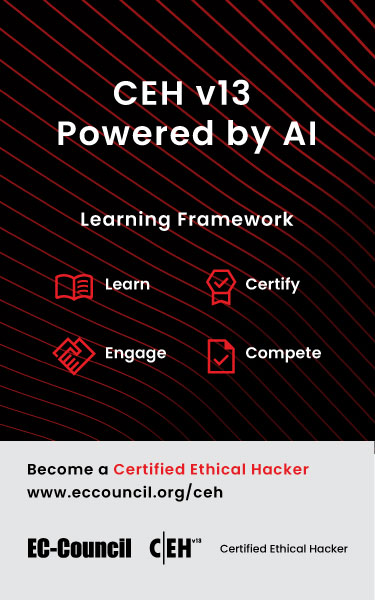Though it may seem like it at first, ethical hacking isn’t a contradiction. While some individuals use their hacking knowledge for ill, others use it to help companies detect flaws in their IT environment. (Think of the difference between a burglar and a home security consultant: both are looking for vulnerabilities, but they do very different things with this information.)
But what is ethical hacking, exactly, and why is it such an important part of an organization’s IT security posture? This article will cover everything you need to know about ethical hacking, including how to become an ethical hacker.
What Are Ethical Hackers, and Why Are They Useful?
The term ethical hacking, also called white-hat hacking, refers to the use of hacking skills and techniques with good intentions and with the full consent and approval of the target. Ethical hackers use their tools and knowledge to probe an IT system, database, network, or application for security vulnerabilities. They then inform the target of any flaws they find and provide recommendations for patching them.
Both parts of the definition above—good intentions and the target’s consent—are necessary to be an ethical hacker. If one or both parts are missing, the individual is known as a black hat or a gray hat hacker, depending on the motivation:
- Black hat hackers are malicious, lacking both good intentions and the consent of their targets. These individuals are what the term hacker means in the popular imagination. They break into IT environments, steal confidential data, or install ransomware that charges a fee for users to regain access to their computers. These individuals often have self-serving motivations, such as money or fame, and may work for political activism or government entities as part of a cyber warfare team.
- Gray hat hackers occupy a morally gray area between black-hat and white-hat. Their activities are often technically illegal, probing systems for vulnerabilities without the consent of their targets. However, gray hat hackers are motivated by passion or curiosity rather than the intent to exploit their findings for financial gain.
For individuals to be ethical or white hat hackers, they must obey a few key concepts:
- The activities of ethical hackers must be with the target’s full knowledge and consent and always remain within legal boundaries.
- They should work with the target to define the scope of their activities and must not go beyond this scope unless otherwise agreed upon.
- They must report all the vulnerabilities they discover during their work and offer their best advice for fixing them.
- They must respect the target’s privacy and security, including any sensitive or confidential information.
Ethical hackers are useful because they help organizations identify vulnerabilities in their IT environments before black hat hackers can exploit them. Businesses usually employ ethical hackers on internal IT teams or external contractors. The designation of an ethical hacker is usually not an official job title; instead, ethical hackers occupy roles such as security analysts, security engineers, and penetration testers.
What Are the Uses of Ethical Hacking?
Ethical hackers have many use cases within an organization. Depending on their skills and specializations, ethical hackers may work on detecting vulnerabilities in one or more of the following ways:
- Social engineering: Social engineering refers to manipulating targets through social or psychological means rather than technical ones, tricking them into revealing sensitive information. For example, employees might be fooled into divulging their login credentials after they receive a phishing email.
- Web application hacking: Many web applications have hidden security flaws that attackers can exploit. These vulnerabilities may include failure to sanitize user input (such as SQL injection and cross-site scripting) and issues with authentication and user credentials.
- Web server hacking: Servers and databases are also subject to various problems that ethical hackers can detect. For example, a server might inadvertently expose sensitive information or be vulnerable to denial-of-service attacks that seek to overwhelm it with too much traffic.
- Wireless network hacking: Networks, too, are susceptible to unauthorized entry by black hat hackers, and it’s up to their ethical hacker counterparts to stop them. Potential network vulnerabilities include password and encryption issues, rogue access points, and even lost or stolen company devices.
- System hacking: Last but not least, attackers may try to exploit individual systems or machines within a company network and install viruses, trojans, ransomware, spyware, keyloggers, and other malware. Ethical hackers look for system flaws, such as password cracking and privilege escalation.
Advantages of Ethical Hacking
Both the number and the intensity of cyberattacks are increasing rapidly—and there’s no sign that they will slow down any time soon. According to IBM, for example, the average data breach cost for companies now stands at $4.35 million, the highest figure ever on record (IBM Security, 2022).
Given the tremendous business risk of suffering a cyberattack, organizations must be proactive in defending against black hat hackers. Working with ethical hackers is an excellent way for companies to use black hat tools against them. Institutions as important as banks, the military, and national intelligence services all rely on ethical hackers as crucial parts of their cybersecurity strategies.
When starting their work, ethical hackers perform a vulnerability assessment of the client’s IT environment, including networks, databases, servers, applications, and endpoints. This may include the use of automated tools and manual checks and verifications. At the end of the assessment, ethical hackers produce a report listing any vulnerabilities detected, their severity, and recommendations for fixing each one.
As part of their work, ethical hackers may also help with training and education programs for employees. Even basic cybersecurity practices, such as choosing stronger passwords and using multi-factor authentication, can go a long way to help strengthen an organization’s IT security posture.
How to Become an Ethical Hacker
Being an ethical hacker can be a tremendously rewarding position. Ethical hacking enables you to satisfy your curiosity, use problem-solving skills and technical knowledge, and help organizations protect themselves against dangerous cybercriminals. This brings us to the question—how do you become an ethical hacker?
Getting an ethical hacking certification is an excellent start if you’re looking to begin a career as an ethical hacker. Ethical hacking certifications prove you have the knowledge and experience to start helping companies patch their security vulnerabilities.
EC-Council offers a Certified Ethical Hacker (C|EH) certification to help jumpstart your IT career. This certification verifies that the recipient is a skilled professional who understands and knows how to look for weaknesses and vulnerabilities in target systems and uses the same knowledge and tools as a malicious hacker, but in a lawful and legitimate manner to assess the security posture of a target system(s).
Taking a C|EH course and passing the C|EH certification test is the perfect way to show businesses that you have the skills for an ethical hacking job. Want to learn more about how to become an ethical hacker? Check out EC-Council’s page on the C|EH certification.
References
IBM Security. (2021). Cost of a data breach report 2022. https://www.ibm.com/security/data-breach
About the Author
David Tidmarsh is a programmer and writer. He’s worked as a software developer at MIT, has a B.A. in history from Yale, and is currently a graduate student in computer science at UT Austin.



